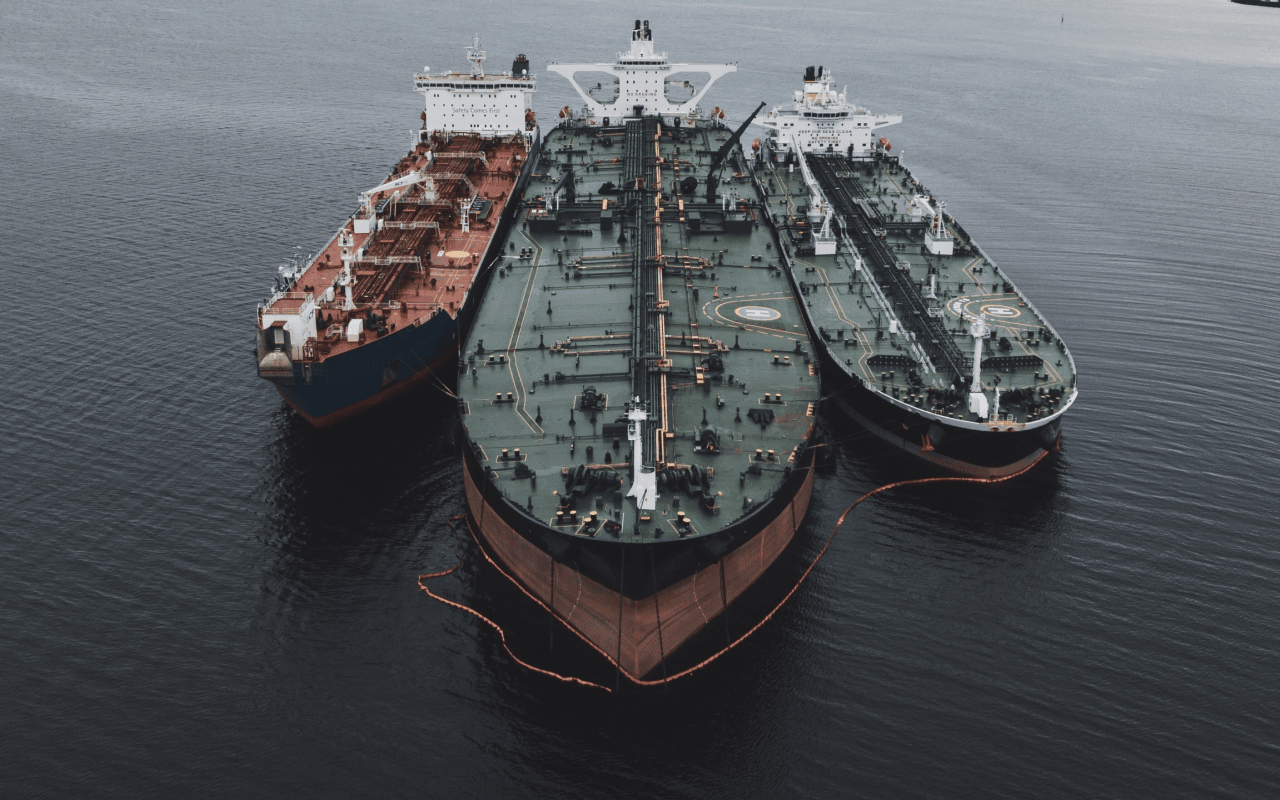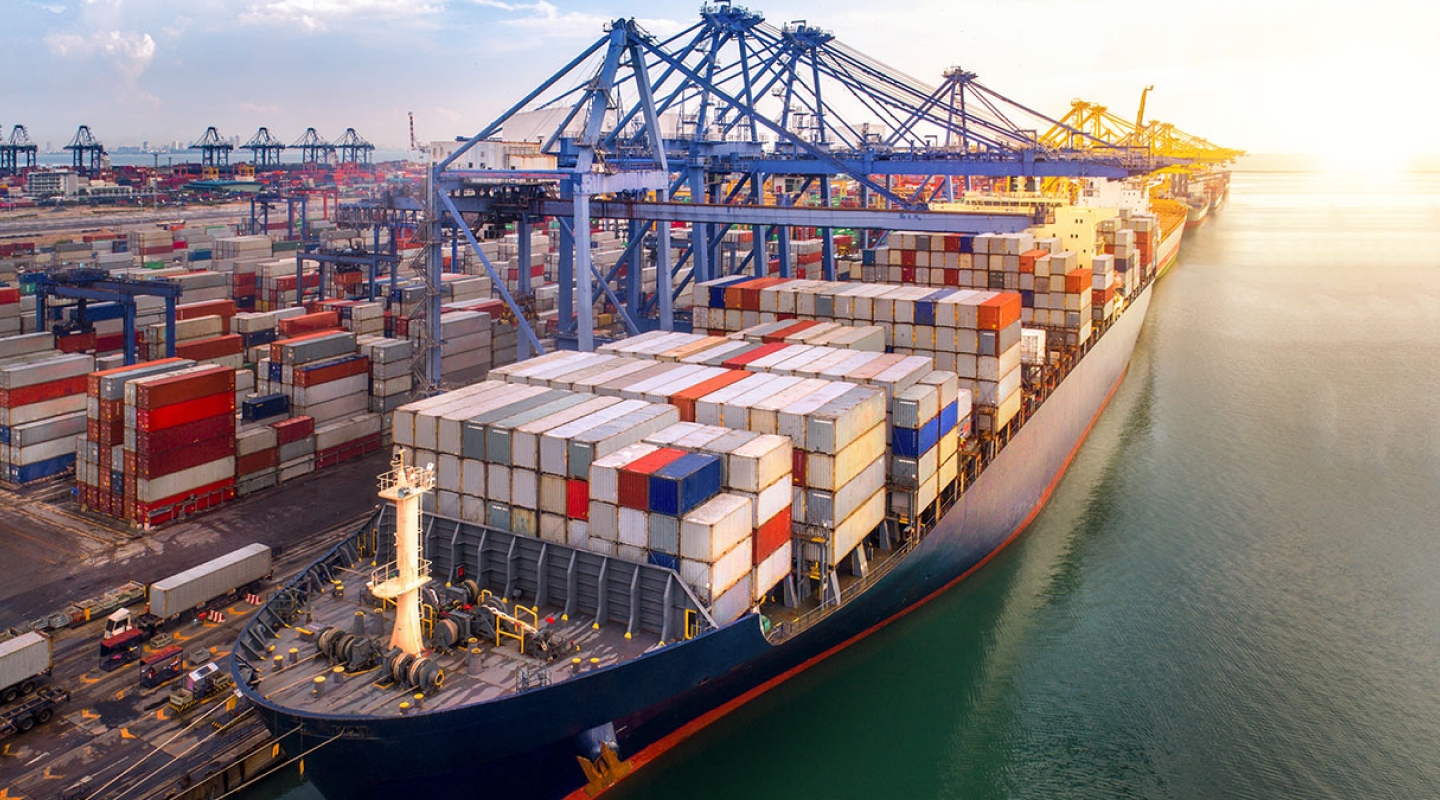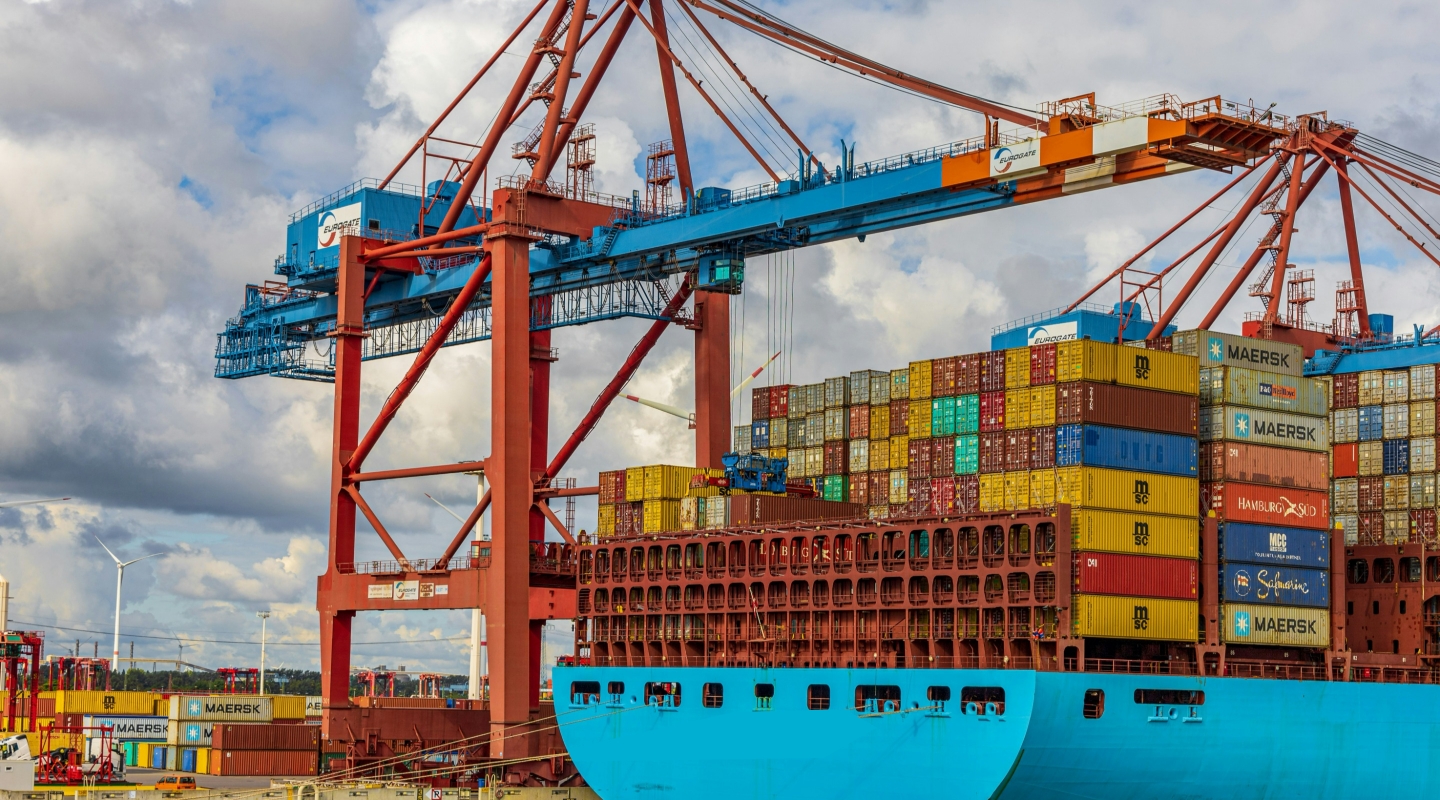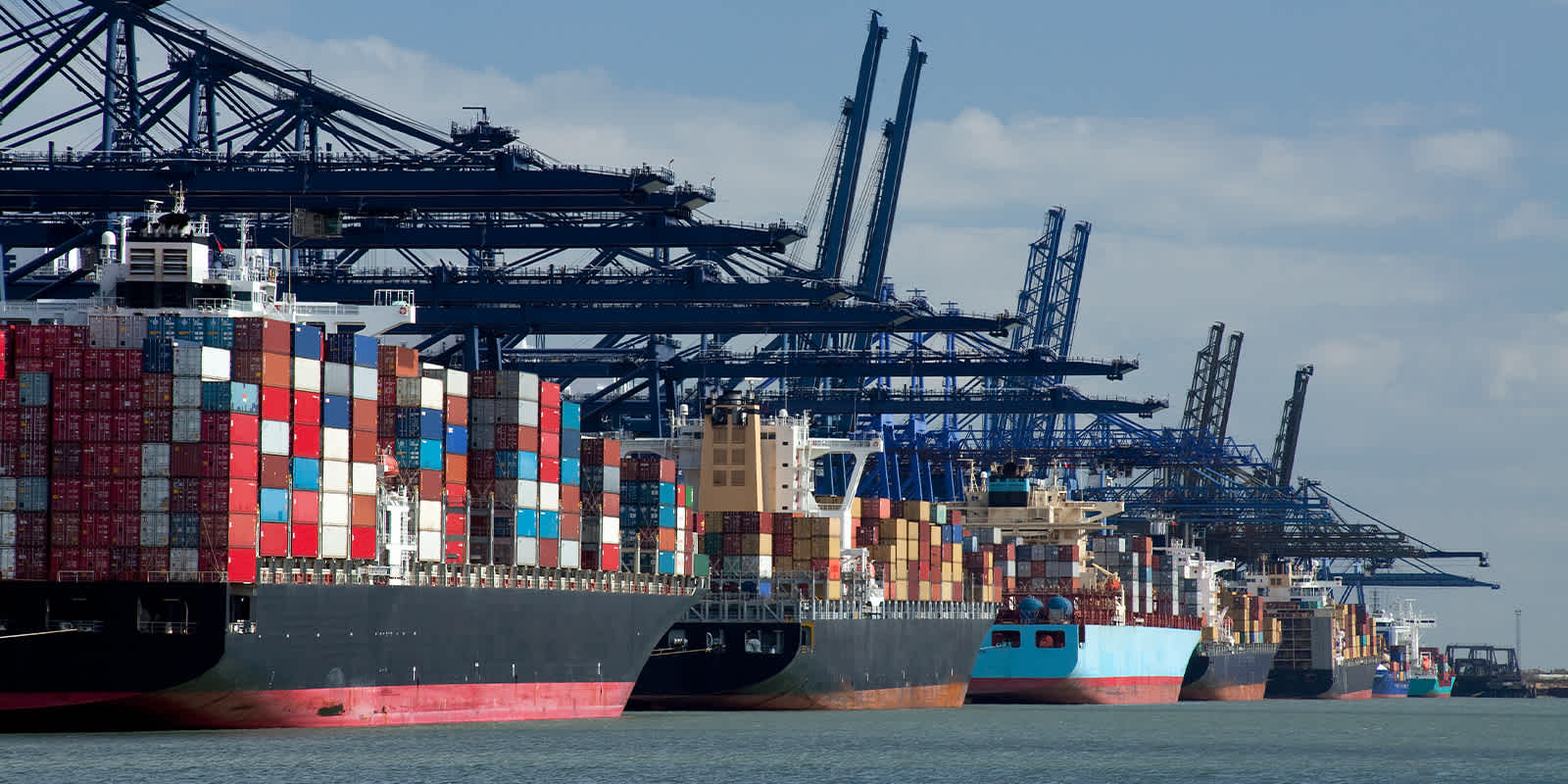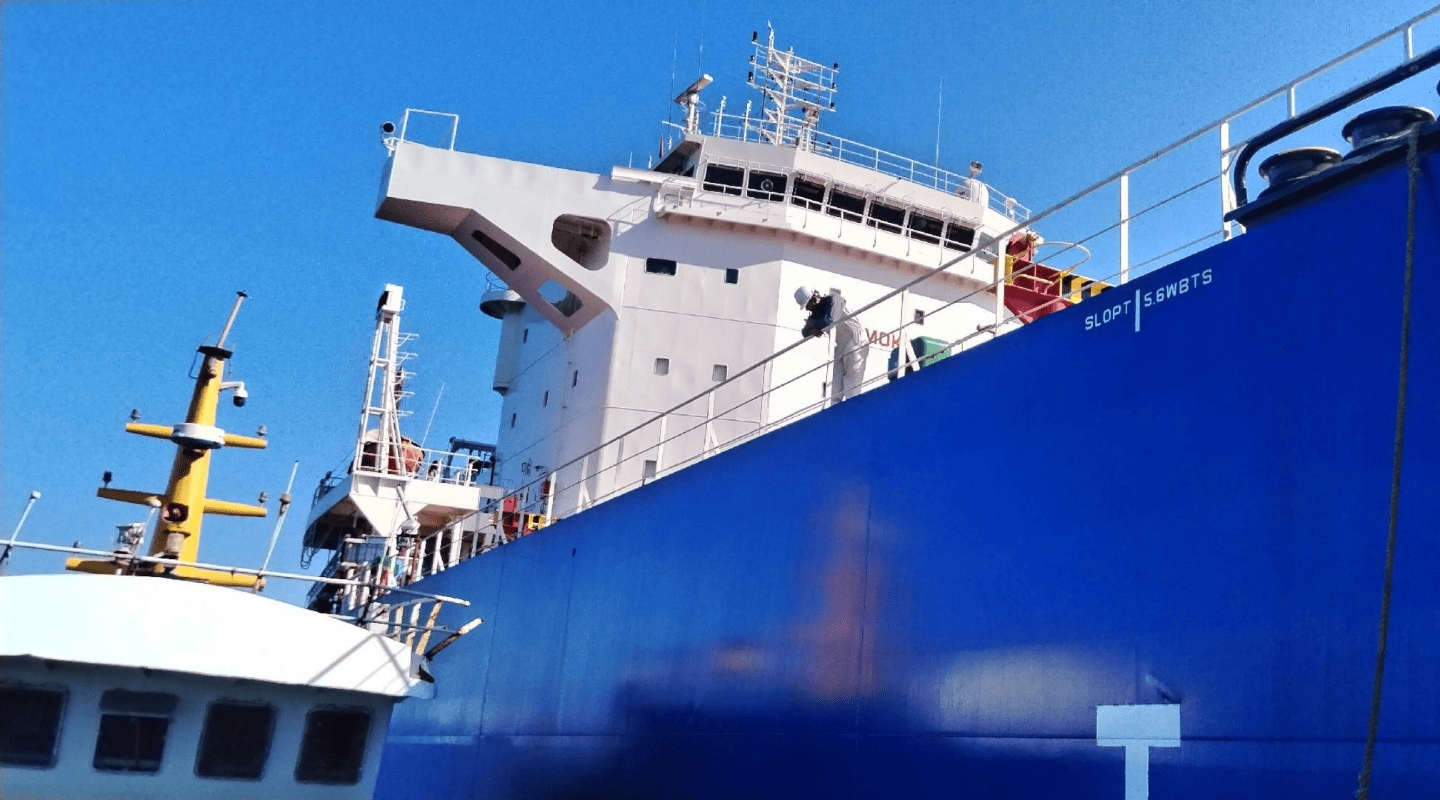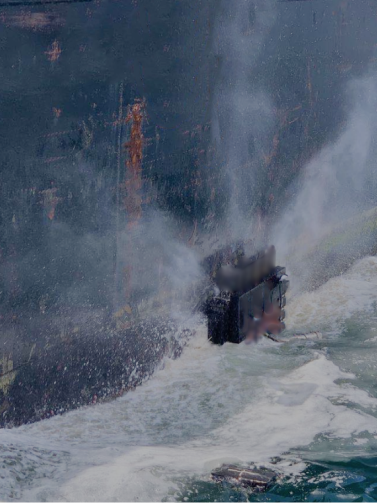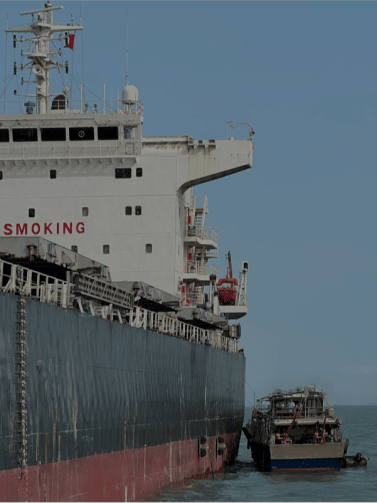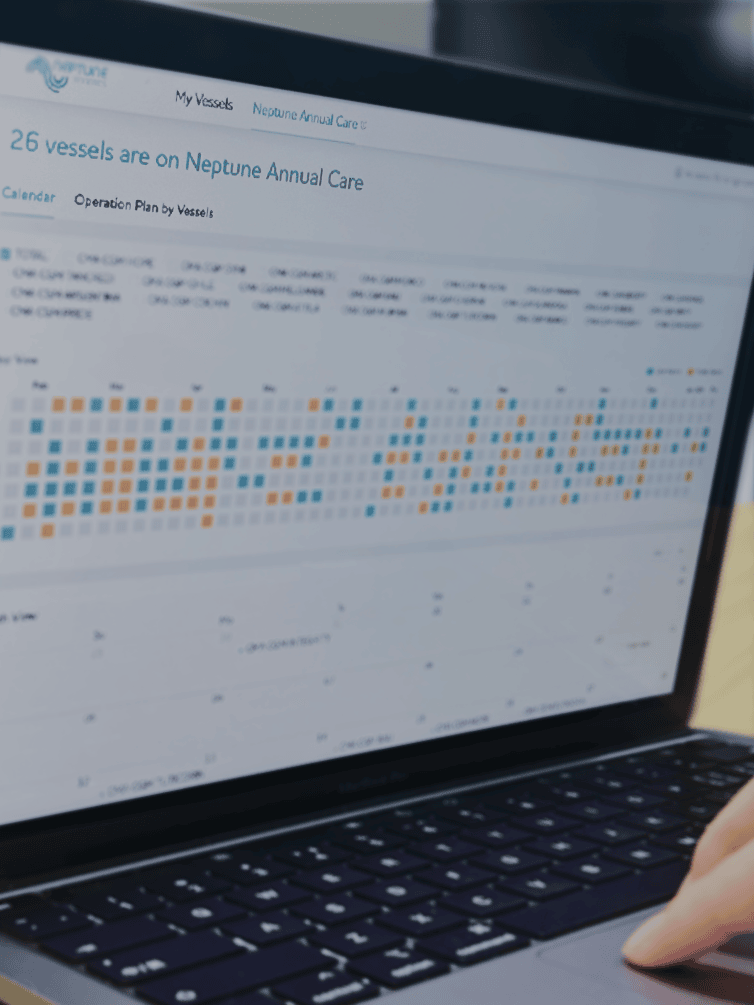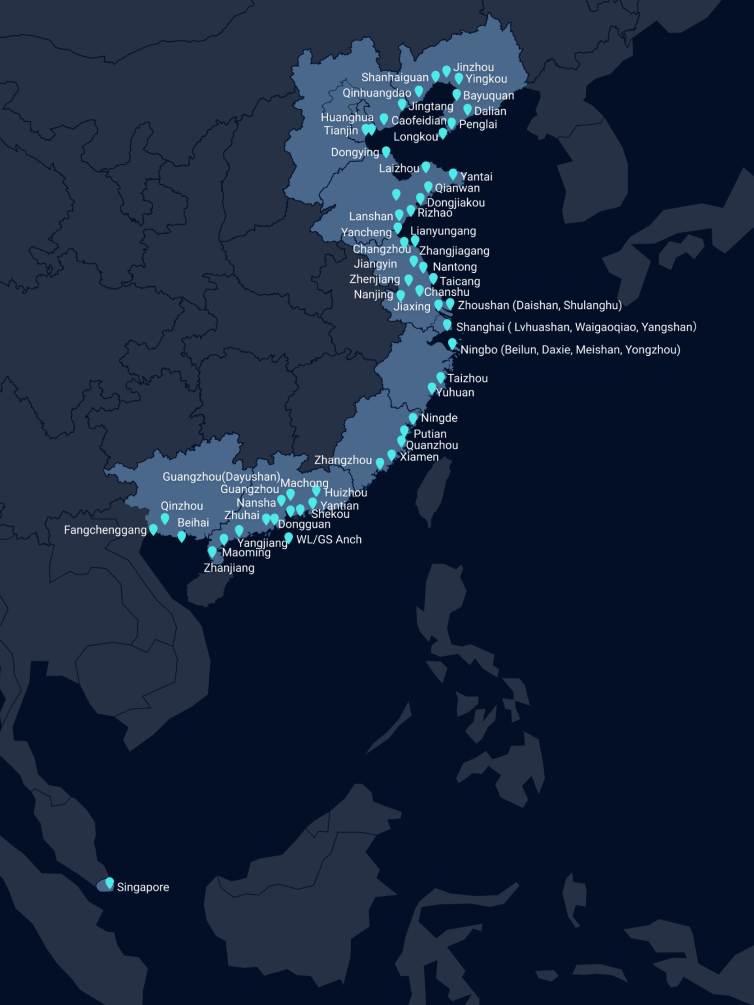The normalization of the integrated market has dealt a blow to the revenue, operating profit, and net profit of shipping companies.
Recently, the tightening of crude oil supply, coupled with the peak demand season, has led to a significant increase in international oil prices, up to $80 per barrel. This has boosted fuel prices for ships. In the current context of a significant increase in shipping capacity and a tightening of freight demand, this means that ship operations will become even more challenging…
01-Slowing Economic and a sluggish market
New capacity ‘drags down’ market recovery
In the past two years, shipping companies, in order to maintain or capture market share, have invested substantial cash flows into capacity. The delivery of large numbers of new ships coincided with a stable supply chain and a contraction in freight demand. This is a major reason why the industry is pessimistic about the market outlook.
02-Uncertain demand + environmental regulations
The expectation for the future is even more frightening
Compared to the current predicament, the expectation for the shipping industry’s future is even more frightening.
First, the uncertainty of global container cargo demand has led shipping giants to have an overall pessimistic view of the market outlook.
Second, greenhouse gas emission reduction standards from IMO and the EU will directly force shipping companies which unable to effectively control emissions to pay a significant cost. The industry estimates that the EU ETS, once effective, could require several shipping companies that have not significantly decarbonized to purchase $5.5 billion worth of allowances by 2030.
On the other hand, the pressure to reduce emissions is also driving shipping companies to adopt technological or operational measures to improve ship efficiency or order expensive new fuel-efficient ships.
03-The way for shipping companies to outperform the market:Cost reduction! Emission reduction!
With a bleak outlook, cost control has become a high-frequency term in container shipping company reports. In the shipping industry, which relies heavily on fuel and has increasingly strict carbon reduction targets, controlling fuel consumption is of paramount importance to decarbonization and profitability.
Because biofouling can increase drag during navigation, leading to a 36% increase in fuel consumption and a high increase in carbon emissions, more and more shipping companies are choosing to reduce drag by removing fouling from their ship hulls. In particular, underwater robotic hull cleaning services: without the need for dry docks, they can operate underwater while ships are anchored or docked.
Neptune robot ship inspection and cleaning services breaks through the limitations of water conditions, weather, and time, operating around the clock in ports/anchorages, thoroughly removing hull dirt without damaging the ship’s paint, and providing pre-and post-cleaning hull inspection data and images. The service covers the North China, East China, and South China regions and has already served hundreds of large ships.
In the backdrop of rising crude oil prices and uncertainty in green fuels and their technologies, hull cleaning is undoubtedly a key and feasible measure for fleets to decarbonize and reduce costs. It will enable shipping companies to face the various challenges in the consolidation market with more confidence and strength, overcoming the ups and downs of the shipping cycle.
